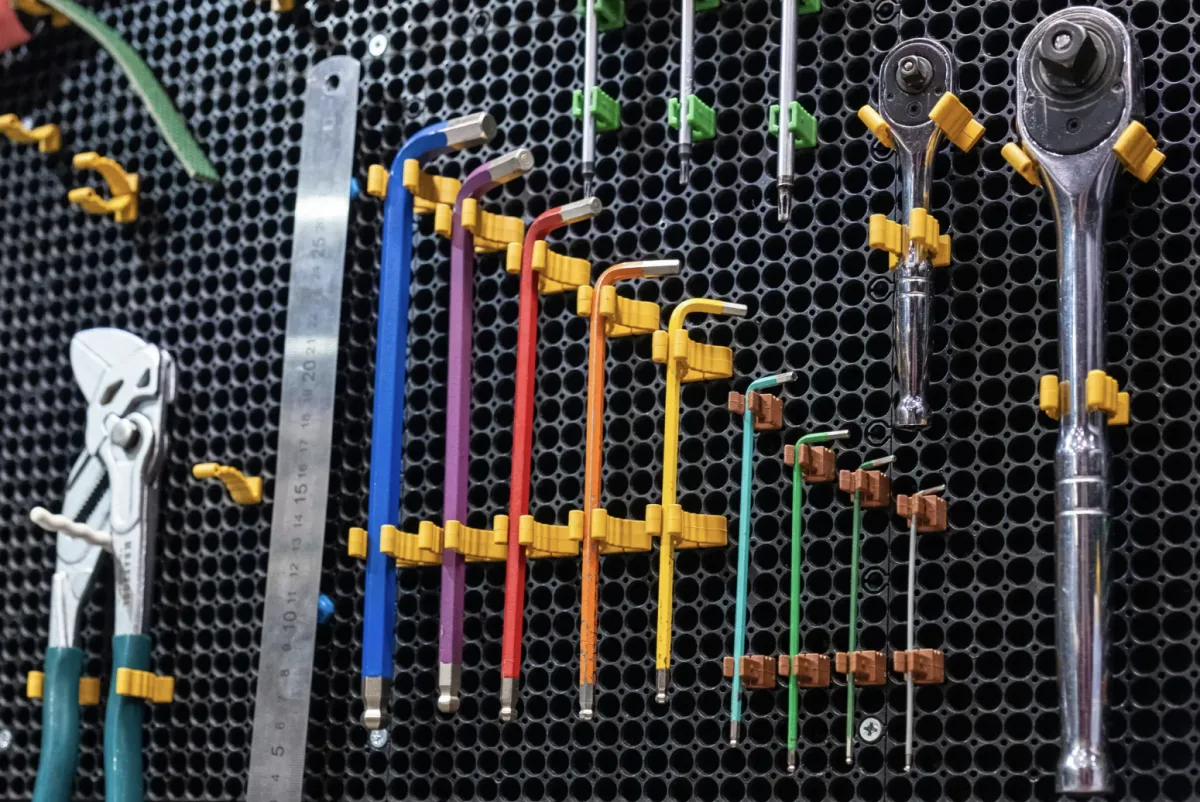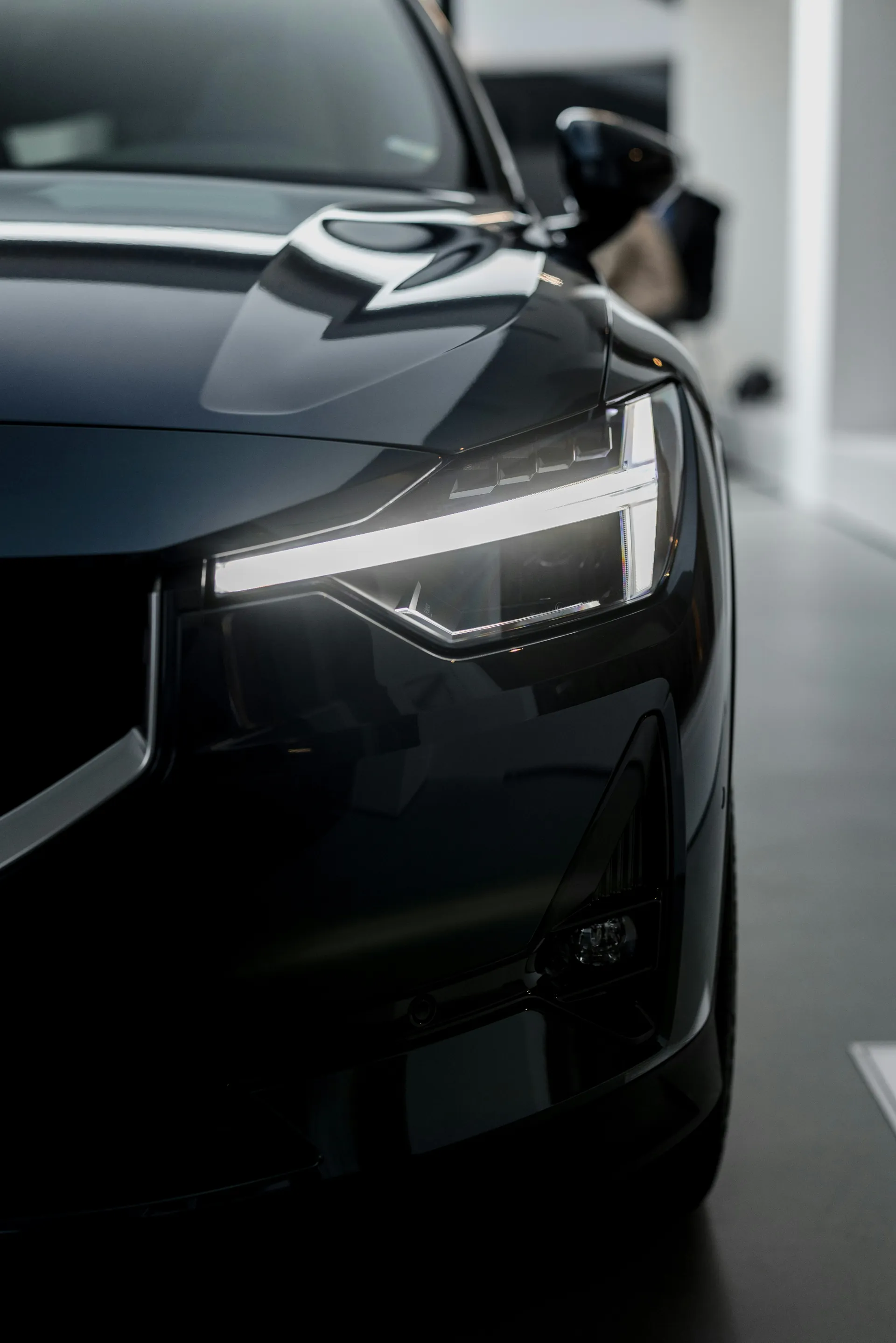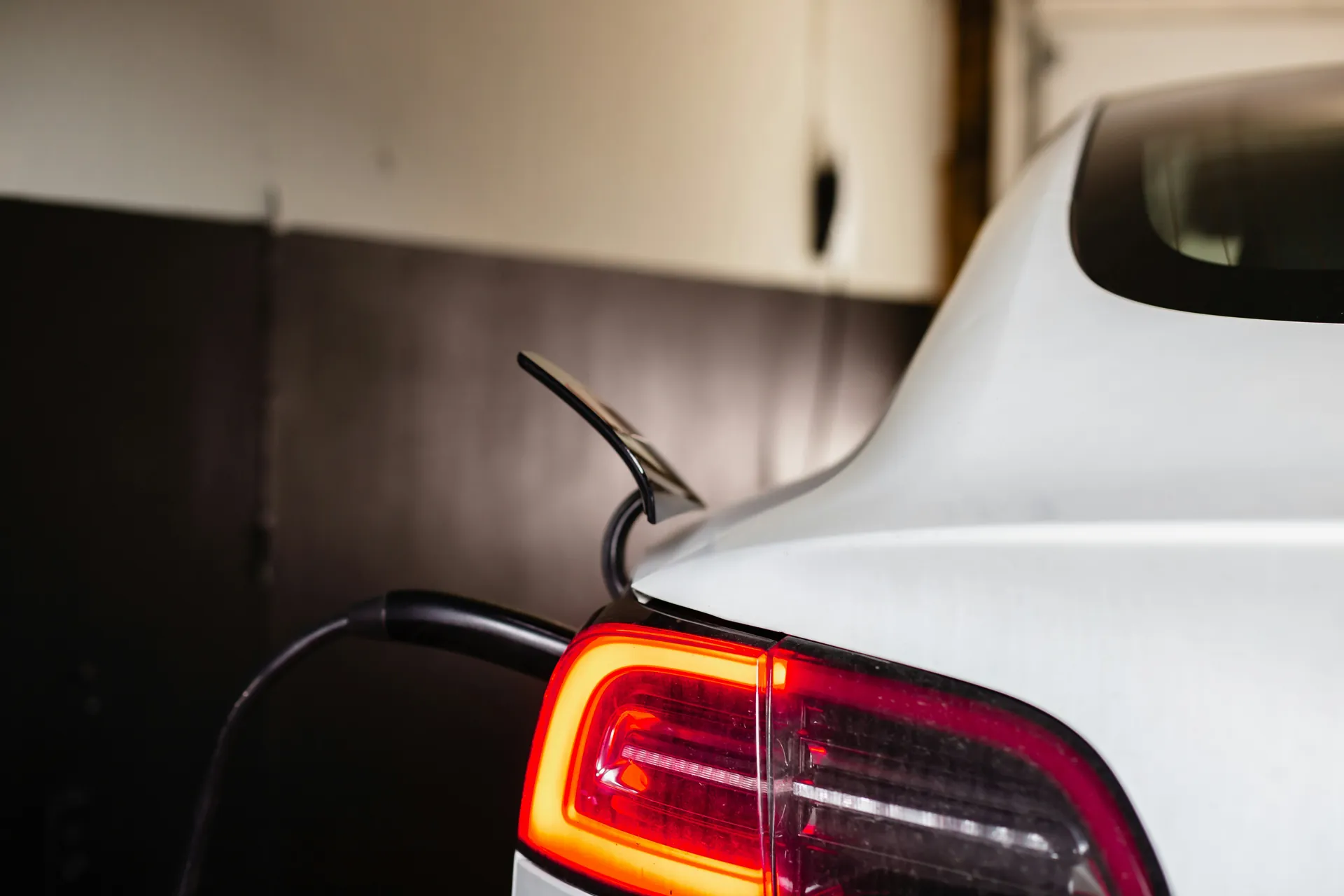
Professional EV Charger Installation Services Hattiesburg MS
If you’re thinking about switching to an electric vehicle (EV) or have already made the leap in Hattiesburg, Mississippi, one of the most important steps is to ensure you have a dependable and efficiently installed EV charger. The city boasts over 50 public charging stations, including several free options and DC Fast Charging locations, making it well-equipped to support EV owners. However, for maximum convenience and cost savings, installing a car charger at home is often the smartest choice.
Professional EV charger installation services are essential in this process, offering the expertise and reliability needed to keep your electric vehicle charged and ready for your next journey.
The Importance of Professional EV Charger Installation

Ensuring Safety and Compliance
One of the most critical aspects of EV charger installation is ensuring safety and compliance with local and national electrical codes. Professional installers are well-versed in the intricate safety protocols and regulations that govern EV charger installations.
They help prevent electrical shocks, fire hazards, and equipment damage, all of which can be catastrophic if the installation is not done correctly.
Compliance with safety standards is not just about avoiding immediate risks; it also ensures that your home insurance coverage remains valid. Improper installations can lead to denied insurance claims, making professional installation a wise choice to safeguard your financial interests.
Additionally, professional installers handle the necessary permits and ensure all work is inspected and approved by local authorities, further enhancing the safety and legitimacy of the installation.
Maximizing Charger Efficiency and Longevity
Professional EV charger installation is also essential for optimizing the efficiency and lifespan of your charging system. Experts assess your home’s electrical system to determine the best charger type and placement.
This ensures your EV charger operates at peak efficiency, reducing charging times and energy consumption. For instance, a Level 2 charger, commonly chosen for home installations, can charge your vehicle significantly faster than a Level 1 charger but requires a dedicated 240-volt circuit.
Professional installers evaluate whether your electrical panel can handle this additional load and perform necessary upgrades, such as installing the correct breaker size or upgrading the electrical panel.
Proper installation by professionals also extends the lifespan of both the charger and your vehicle’s battery. Incorrect wiring or faulty connections can lead to overheating, potentially damaging both the charger and the battery over time.
By using high-quality materials and precise installation techniques, professional installers ensure a reliable connection that preserves the health and performance of your EV’s battery and the charger itself.
Types of EV Chargers Available in Hattiesburg

Level 1 Chargers
Level 1 chargers are the most basic type of EV charger, utilizing a standard 120-volt household outlet. These chargers are often included with the purchase of an electric vehicle and can be plugged directly into any home outlet.
While convenient, they charge vehicles at a slow rate, typically adding about 4-5 miles of range per hour of charging. This makes them suitable for overnight charging if you have a short commute or limited driving needs.
Due to their slower charging speeds, Level 1 chargers are generally not ideal for frequent or long-distance driving.
Level 2 Chargers
Level 2 chargers are a major upgrade from Level 1 chargers and are the most common choice for home installations in Hattiesburg. They operate on a 240-volt circuit, similar to the power used for appliances like clothes dryers or electric ovens. These chargers can add 10-20 miles of range per hour, significantly speeding up the charging process compared to Level 1 chargers.
In Hattiesburg, 63% of public charging ports are Level 2 chargers, highlighting their popularity and effectiveness. For home use, installing a Level 2 charger requires a dedicated electrical circuit, which should be set up by a professional installer to ensure safety and efficiency.
DC Fast Chargers
DC Fast Chargers, also referred to as Level 3 chargers, are the fastest EV chargers available. They can charge an electric vehicle to 80% in under 30 minutes, making them perfect for long road trips or quick top-ups.
Approximately 37% of public charging ports in Hattiesburg are DC Fast Charging stations, typically located along major routes to facilitate fast charging. However, installing a DC Fast Charger at home is usually impractical due to high costs and the extensive electrical infrastructure required.
These chargers are primarily found at public charging stations and rest stops, making them a convenient option for travelers and those needing rapid charging.
Steps to Professional Installation in Hattiesburg

Consultation and Planning
The process of professional EV charger installation in Hattiesburg starts with a detailed consultation and planning phase. Certified installers will either visit your home or conduct a remote consultation to evaluate your electrical system and discuss your specific needs. During this step, they assess your home’s electrical capacity to determine if upgrades, such as electrical panel enhancements or increasing the amp service, are required to support the installation of a Level 2 charger or another type of EV charger.
Additionally, the consultation involves selecting the most suitable EV charger for your vehicle model and lifestyle. Installers help you choose the optimal charger type, whether it's a Level 1, Level 2, or another configuration, based on your daily driving habits and the size of your vehicle’s battery.
They also identify the ideal location for the charger, ensuring it is both convenient and safe for regular use.
Installation and Testing
After the planning phase is complete, the installation process begins. Professional electricians will install the EV charger, adhering to the National Electrical Code and local regulations to ensure compliance and safety.
This includes setting up the necessary electrical infrastructure, such as a dedicated 240-volt circuit for Level 2 chargers, and connecting the charger to your home’s electrical system.
Once installed, the charger undergoes thorough testing to ensure it functions correctly and safely. This includes checking electrical connections, verifying the charger’s performance, and ensuring all safety features are operational.
The installer will also provide a demonstration on how to use the charger and address any questions you may have.
Follow-up and Maintenance
After installation, professional EV charger services often include follow-up and maintenance to ensure the charger continues to perform efficiently. This may involve periodic inspections to identify any issues or wear and tear on the charging equipment. Additionally, many service providers offer repair services for problems such as faulty proximity switches, damaged charging cables, or connectivity issues.
Maintenance also ensures the charger remains compliant with updates to safety standards or regulations. This proactive approach helps extend the charger’s lifespan and guarantees your electric vehicle stays charged and ready for use at all times.
Conclusion
Investing in a professional EV charger installation in Hattiesburg, MS, is a smart choice for any electric vehicle owner. It brings added convenience, cost savings, and improved safety to your EV charging experience. Professional installers ensure adherence to safety standards, optimize charger efficiency, and offer long-term maintenance support.
Whether you choose a Level 1, Level 2, or DC Fast Charger, the right installation can greatly enhance your electric vehicle ownership. Reach out to local experts like Mr. Electric or Bryan Lee Electric to ensure your EV charger is installed correctly and to start enjoying the full benefits of home charging.
Take the step today towards a more convenient, sustainable, and efficient EV charging experience.
FAQ
What are the differences between Level 1 and Level 2 EV charging, and which one is best for my needs?
Level 1 EV chargers use a 120V outlet, adding about 2-5 miles of range per hour, and are suitable for overnight charging at home. Level 2 chargers use a 240V circuit, adding 10-60 miles of range per hour, and are faster and more convenient for daily use, especially with a dedicated electrical circuit. For most EV owners, Level 2 chargers are best due to their significantly faster charging times and greater convenience.
What are the typical installation costs for a Level 2 EV charging station, and what factors can affect these costs?
The typical installation costs for a Level 2 EV charging station range from $600 to $1,200, with an average cost of around $959. Key factors affecting these costs include:
The presence of a 240-volt outlet: If one already exists, the installation cost can be as low as $200 to $500. However, if new wiring, a service panel upgrade, or a new 240-volt outlet is needed, the cost can increase by $1,000 to $1,500.
Labor costs: These can vary based on the electrician's rates and the complexity of the installation.
Permits and regulatory compliance: Obtaining necessary permits can add $100 to $200 to the total cost.
Location and installation method: Whether the charger is hardwired or plugged in, and the distance between the charging station and the electrical panel, can also impact costs.
Do I need to hire a licensed electrician to install an EV charging station, and why is this recommended?
Yes, you need to hire a licensed electrician to install an EV charging station. This is recommended because EV charging requires specific wiring, such as copper wire for high amperage, and adherence to safety regulations like those in the National Electrical Code (NEC) to prevent electrical hazards and ensure compliance with local regulations.
What are the best practices for maintaining and managing EV chargers to ensure they remain in good working order?
To maintain and manage EV chargers effectively, several best practices are essential:
Regular Inspections: Conduct weekly or monthly visual inspections to check for physical damage, worn-out connections, and signs of wear and tear.
Cleaning: Clean the chargers regularly using a soft, non-abrasive cloth and a mild cleaning solution, ensuring the charger is turned off and disconnected from the power source.
Software and Firmware Updates: Keep software and firmware up to date to ensure compatibility with new EV models, fix bugs, and enhance security.
Electrical Safety Checks: Perform routine assessments of core protection devices to ensure user safety and compliance with standards like IEC 61851 and UL 2202.
Remote Monitoring: Implement 24/7 remote monitoring to detect issues early and resolve them quickly, often remotely, to maintain high uptime.
Maintenance Contracts: Establish clear maintenance contracts with defined response times, repair times, and uptime requirements. Consider outsourcing to specialized O&M providers.
Seasonal Maintenance: Adjust maintenance practices according to seasonal conditions to protect cables and connectors from extreme weather.
Professional Servicing: Have certified professionals check electrical components annually to prevent costly repairs and ensure optimal performance.